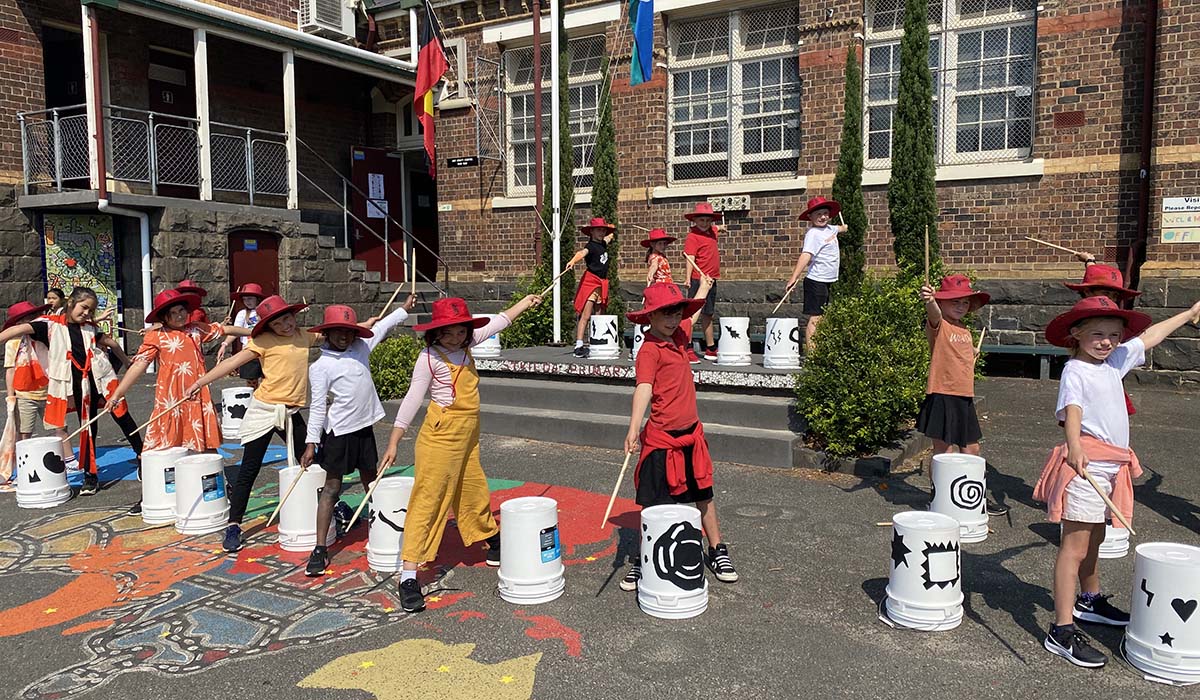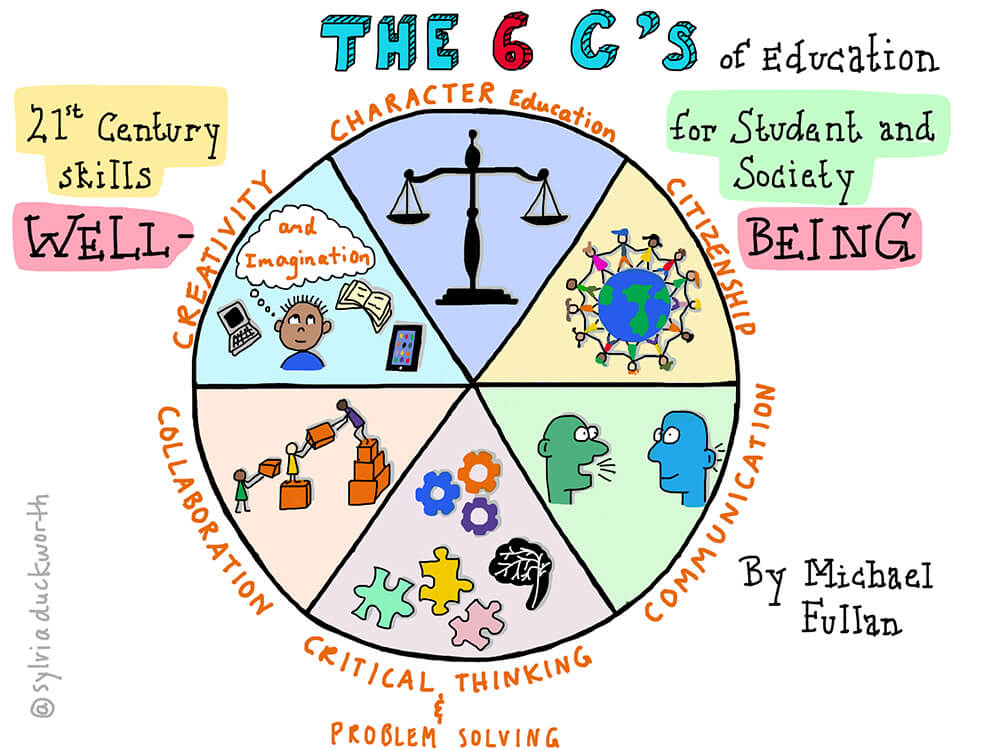Integrated

Problem-based Learning (Years 2-6)
Problem-based Learning encompasses all areas of the curriculum, including The Humanities, Science and Technologies. It helps to set up purposeful Mathematics, Reading and Writing experiences for students as well as offering the opportunity for students to build their knowledge, skills and dispositions as learners.
The Deep Learning Competencies, better known as the 6Cs, are the skill sets each and every student needs to achieve and excel in today’s complex world. The units of inquiry that our teachers design support the development of these skills and dispositions.

Building relationships between our school and the wider community is a huge focus at SKPS. We believe that these connections help our students understand life beyond their own experiences and helps give their learning a real world context.
Problem-based Learning enables children to use their inquiry skills to solve real-world problems. Through posing the challenging ‘hook’, teachers are able to support children in researching and applying the skills to solve the problem. With this, children have choice in the ways they explore their project and this helps to sustain a deep level of inquiry and engagement. Problem-based learning helps students build their collaborative, problem solving and critical and creative thinking skills to reflect and refine their solutions. The sharing of their real-world project with the community helps to build authenticity.
